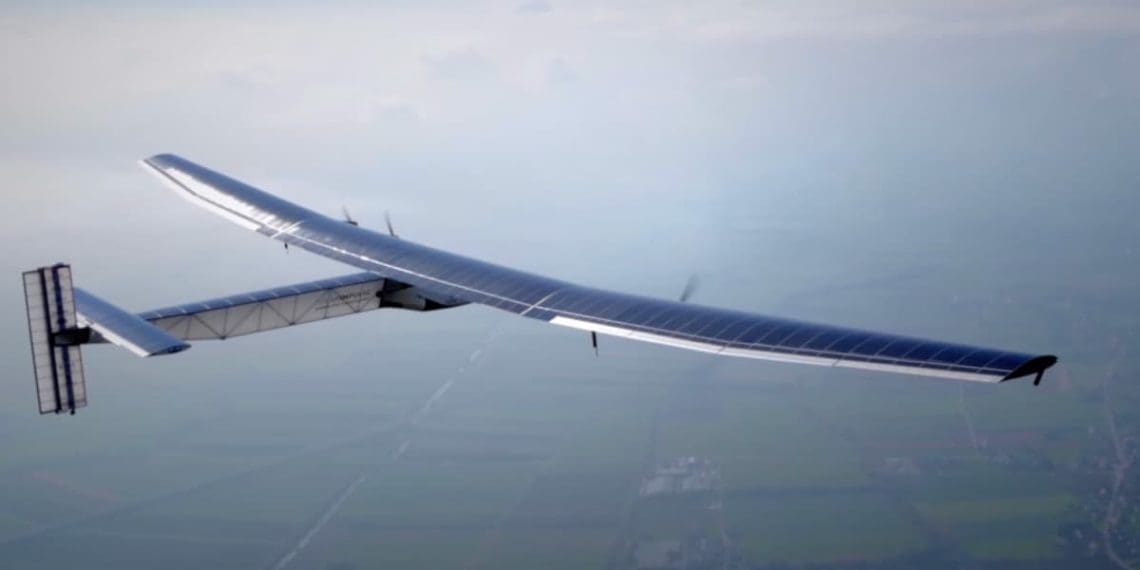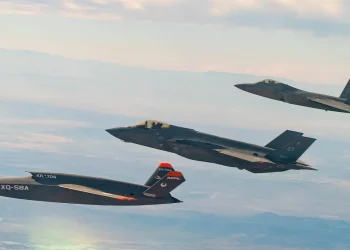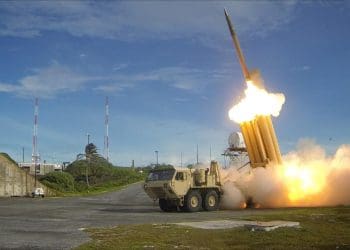A revolutionary solar-powered drone from US-Spanish aerospace firm Skydweller Aero has just completed an impressive uncrewed flight test, soaring through the skies for a staggering 22.5 hours. This solar-powered Skydweller unmanned aerial vehicle (UAV) is pushing the boundaries of modern aviation by proving that sustained, environmentally friendly flight is not only possible but increasingly viable.
Designed to rely entirely on solar power, the drone is built for missions lasting up to a week, promising a whole new world of possibilities in sectors like military surveillance, environmental monitoring, and even wildlife tracking. In recent tests at Stennis International Airport in Mississippi, funded by the US government, the Skydweller’s potential took a major leap forward.
The cutting-edge UAV, made from ultra-lightweight carbon fiber, boasts a wingspan of 236 feet (72 meters) and weighs 5,620 pounds (2,550 kilograms). Its mission? To take to the skies using nothing but the power of the sun, all while maintaining zero emissions—a concept that could revolutionize both operational costs and environmental impacts in the aviation sector.
According to Barry Matsumori, President of Skydweller Aero, this successful flight demonstrates the “feasibility of perpetual flight” by tapping into the trillions of dollars poured into global research on solar energy and battery storage. As such, the drone represents a significant stride toward the future of zero-emission aircraft.
From patrolling airspace and monitoring naval activities to detecting drug smugglers and tracking wildlife migration, the Skydweller is poised to handle a wide range of missions with a lighter environmental footprint. With further tests and developments underway, Skydweller Aero is shaping up to be a key player in next-generation aviation.










